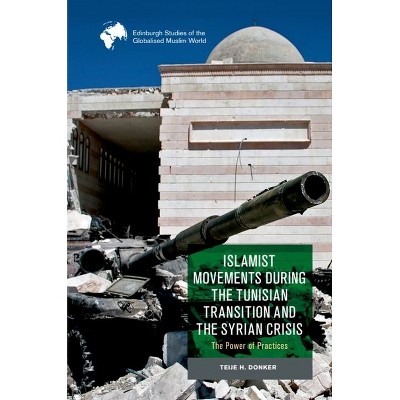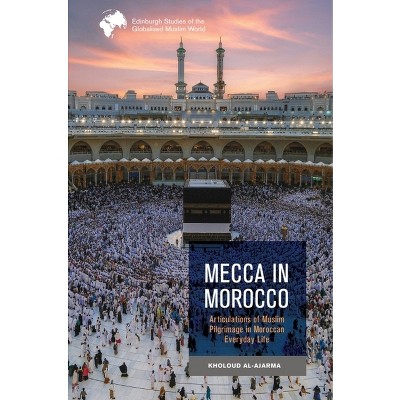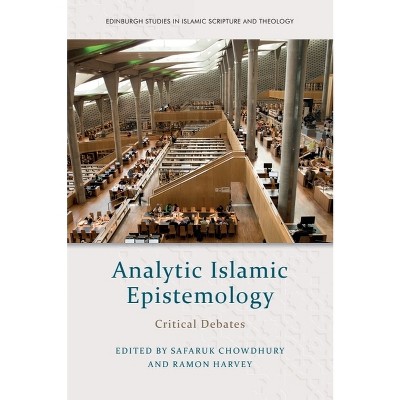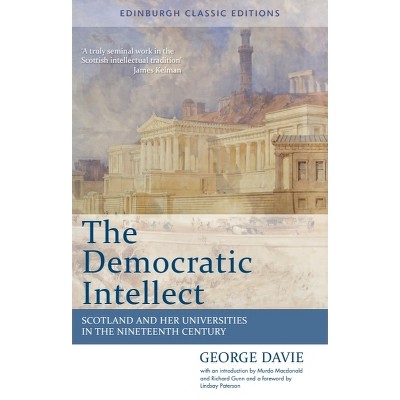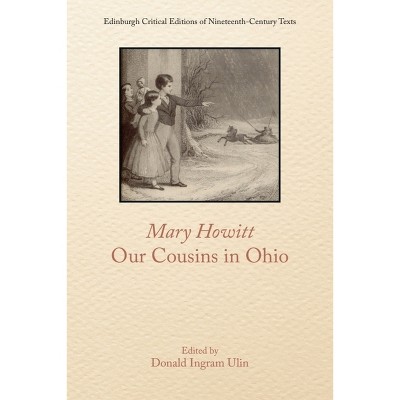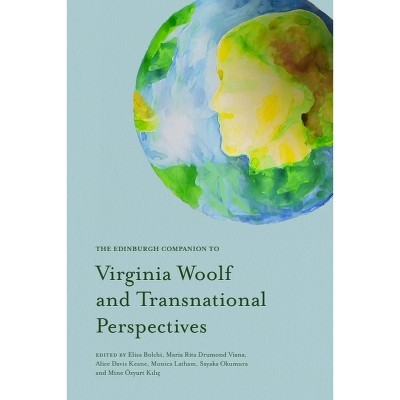Contemporary Islamist Opposition in Morocco - (Edinburgh Studies on the Maghreb) by Alfonso Casani (Hardcover)

About this item
Highlights
- This book offers an in-depth and yet-unexplored analysis of the evolution and actions of Moroccan Islamist association Justice and Spirituality (al-Adl wa-l-Ihsane).
- Author(s): Alfonso Casani
- 240 Pages
- Political Science, Political Ideologies
- Series Name: Edinburgh Studies on the Maghreb
Description
About the Book
Offers an in-depth analysis of the evolution and actions of Justice and Spirituality (al-Adl wa-l-Ihsane) and its mobilisation structure.Book Synopsis
This book offers an in-depth and yet-unexplored analysis of the evolution and actions of Moroccan Islamist association Justice and Spirituality (al-Adl wa-l-Ihsane). By examining its mobilisation structure, the book enhances the understanding of Islamism as an oppositional force in non-democratic regimes, with a particular focus on Morocco. Contrary to the common premises of inclusion-moderation theory, al-Adl wa-l-Ihsane has undergone a politicisation process but rejects political inclusion; it promotes street mobilisation but refuses to resort to violence. Despite its illegal status and disregard for the regime's red lines, al-Adl wa-l-Ihsane remains highly relevant as an anti-establishment actor.
This book fills a significant gap in knowledge about al-Adl wa-l-Ihsane. It further broadens the understanding of inclusion-moderation theory by introducing novel explanatory factors for al-Adl wa-l-Ihsane's evolution and strategies, such as responses to shifts in opportunity structures and the impact of internal dynamics and learning mechanisms.Review Quotes
The book - a case study of one movement - is perfectly situated in the current literature on the way in which Islamist movements behave. It in fact presents a rather unique case of Islamism, which is neither moderating in the traditional sense nor radicalising due to it being shut out of institutional power. This is an excellent book about important and under-studied movements within the broad church of Islamism. It offers a new understanding of how politicisation, moderation and inclusion occur in practice through the study of a movement that does not conform to what we know of Islamist movements more broadly.--Francesco Cavatorta, Université Laval
The study fills an important gap in our understanding of the primary Islamist movement in Morocco, including its evolution, vision, strategies and tactics. Alfonso Casani is conversant with all of the relevant literature on the subject. The author's deep dive into AWI provides a clear and nuanced picture of how the organisation functions and how it has evolved, in light of changing circumstances. The book is also theoretically informed, and will contribute a new perspective to the literature on Islamist movements.--Bruce Maddy-Weitzman, Tel Aviv University






